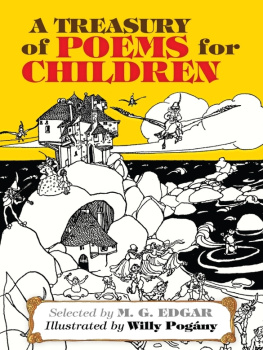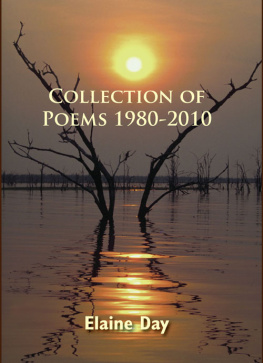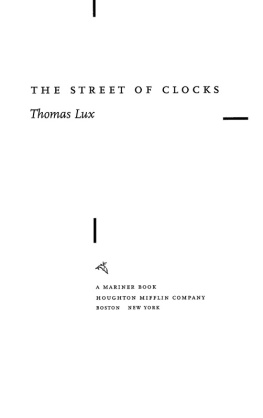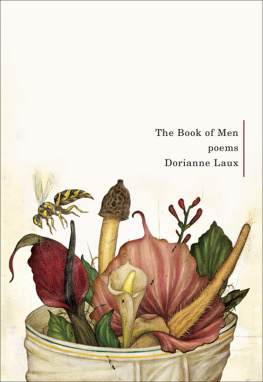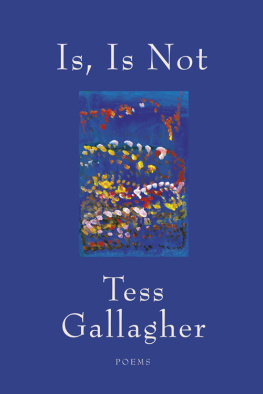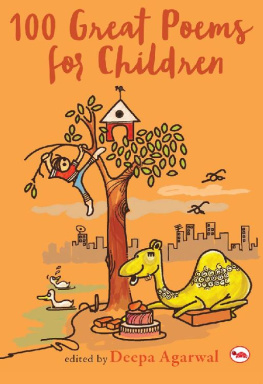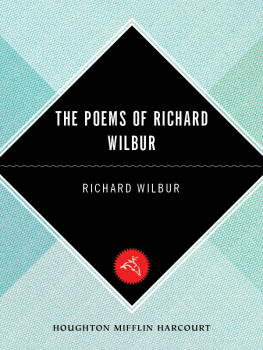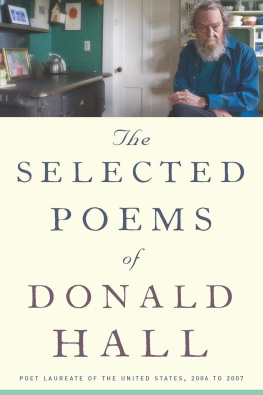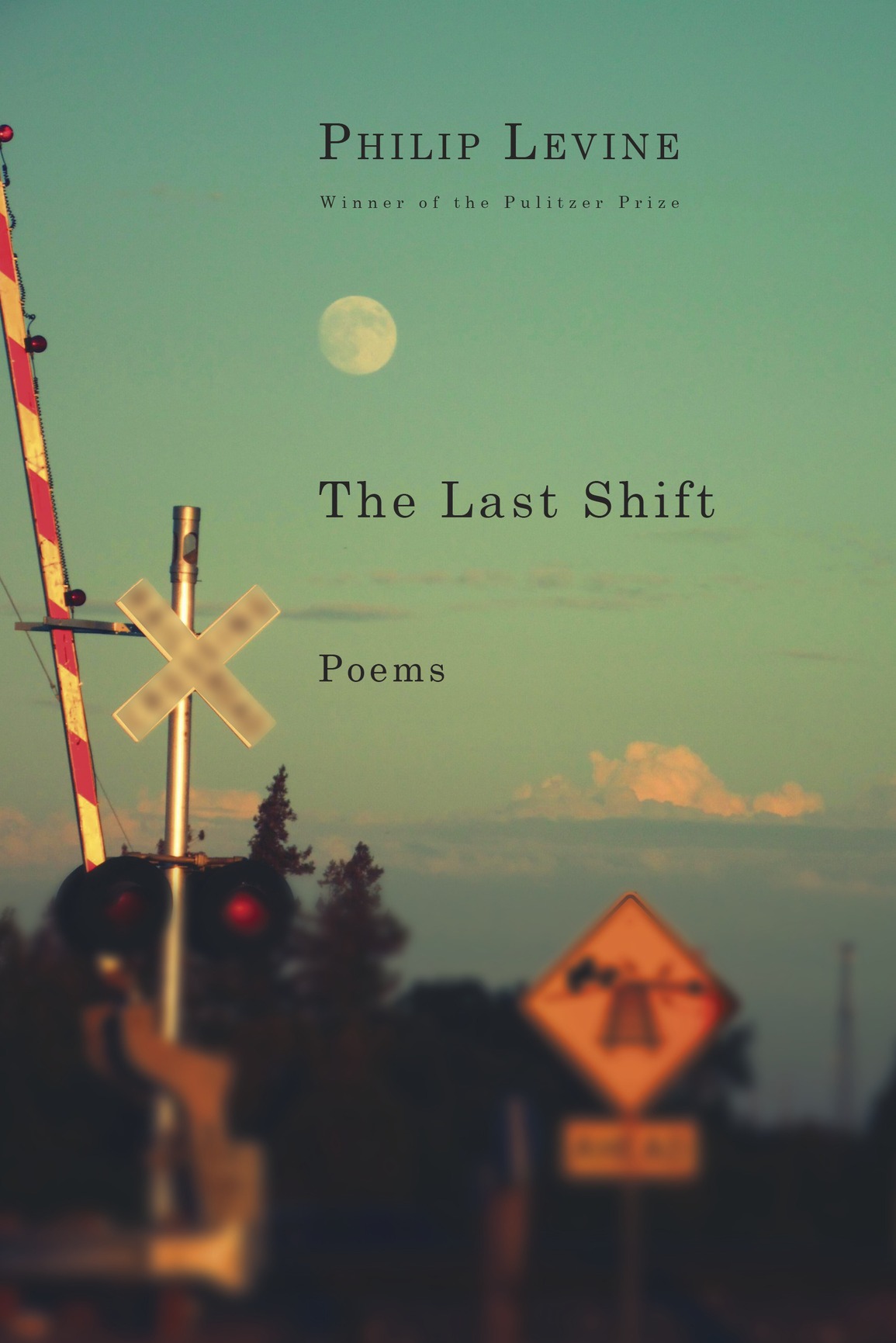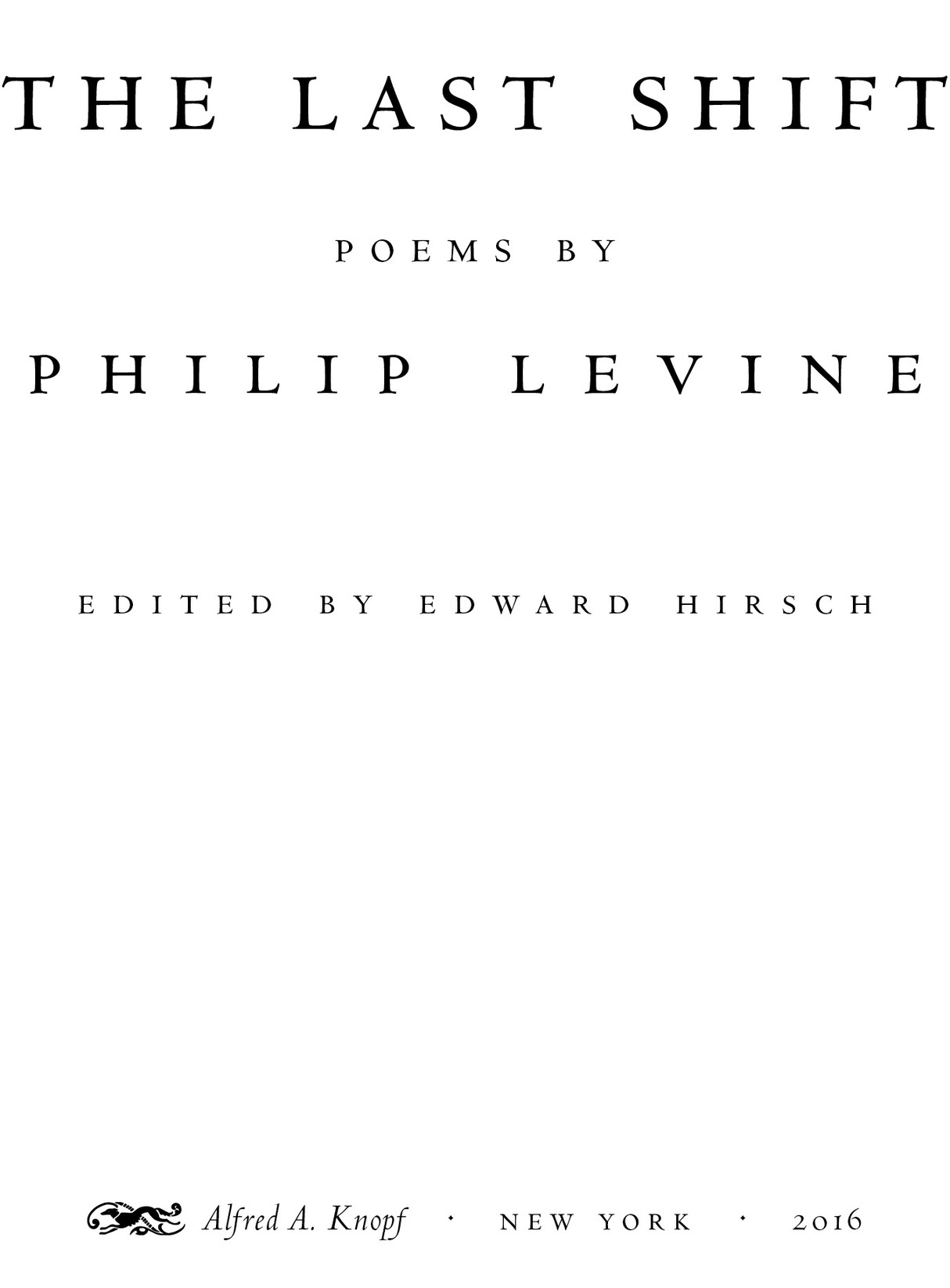News of the World (2009) Breath (2004) The Mercy (1999) Unselected Poems (1997) The Simple Truth (1994) What Work Is (1991) New Selected Poems (1991) A Walk with Tom Jefferson (1988) Sweet Will (1985) Selected Poems (1984) One for the Rose (1981) 7 Years from Somewhere (1979) Ashes: Poems New and Old (1979) The Names of the Lost (1976) 1933 (1974) They Feed They Lion (1972) Red Dust (1971) Pilis Wall (1971) Not This Pig (1968) On the Edge (1963)
Off the Map: Selected Poems of Gloria Fuertes (1984) Edited and translated with Ada Long Tarumba: The Selected Poems of Jaime Sabines (1979) Edited and translated with Ernesto Trejo
This Is a Borzoi Book Published by Alfred A. Knopf Copyright 2016 by The Estate of Philip Levine All rights reserved. Published in the United States by Alfred A. Knopf, a division of Penguin Random House LLC, New York, and distributed in Canada by Random House of Canada Limited, Toronto. www.aaknopf.com/poetry Knopf, Borzoi Books, and the colophon are registered trademarks of Penguin Random House LLC. Library of Congress Cataloging-in-Publication Data Names: Levine, Philip, 19282015 Title: The last shift : poems / Philip Levine.
Description: First edition. | New York : Alfred A. Knopf, 2016. | This is a Borzoi book. Identifiers: LCCN 2016012060 (print) | LCCN 2016018517 (ebook) | ISBN 9780451493262 (hardcover) | ISBN 9780451493286 (ebook) Subjects: | BISAC: POETRY / American / General. Classification: LCC PS3562.E9 A6 2016 (print) | LCC PS3562.E9 (ebook) | DDC 811/.54dc23 LC record available at https://lccn.loc.gov/2016012060 Ebook ISBN9780451493286 Cover photograph by EyeEm Mobile GmbH/Alamy Cover design by Chip Kidd v4.1 ep
FOREWORD
Philip Levine selected the poems for this volume, but he left it to me, as his friend and literary executor, to organize and title it.
This is the final book of his own making, and Ive tried to honor his achievement. This title has the elegiac shadings of a last book, but I hope it also celebrates all that he brought into American poetry. He was a poet of the night shift, a late, ironic Whitman of our industrial heartland, and his lifes work is a long assault on isolation, an ongoing struggle against the enclosures of suffering. Looking back, I would say that his poetry began in rage, ripened toward elegy, and culminated in celebration. All three moodsanger, grief, and, finally, joyare present in this collection, his last book on the job. Philip Levine created a fundamentally human-centered poetry.
He writes here of his childhood, adolescence, and early manhood in Detroit, which takes on an almost legendary quality now that everything is gonethe factories, the machines, the night workers. Time itself becomes the subject, the mystery. Here is one of his working-class aubades: 8 a.m. and we punch out and leave the place to our betters, the day-shift jokers who think theyre in for fun. Its still Monday 2,000 miles and fifty years later and at my back I always hear Chevy Gear & Axle grinding the night-shift workers into antiquity. Levine writes of his travels, especially to out-of-the-way European places, where he often finds what is funny, overlooked, and neglected, though he keeps returning to his primary cities: Detroit, Fresno, Brooklyn.
He combines lyrical and narrative values, and his pointed anecdotes amplify into a larger vision. He is a poet of social justice and memory, a singer who enjoined himself to stand up for the victimized and the disenfranchised. The rages of his early work still burn (Oh / to be young and strong and dumb / again in Michigan!), but they no longer threaten to thwart or silence him. There is a comic tone to some of these remembrances, a mournful quality to many others, but there is also something else. He was a poet who refused to quit. Lets just give it what we have / and when thats done give it a second time, he declares in More Than You Gave.
I would say that the Generation of 27 (Federico Garca Lorca, Miguel Hernndez, Rafael Alberti) and other martyred leaders of the Spanish Civil War (such as Francicso Ferrer Guardia, Buenaventura Durruti, and Francisco Ascaso) gave him a utopian politics, a blueprint for the future, a visionary hope that continued to sustain him. Thus his poems recall the fallen, but they also take up the anarchist dream of freedom and justice, the chant We shall inherit. Here, as elsewhere in his work, he memorializes a lost world and envisions a new one. In editing this book, I have tried to keep in mind two of Phils deepest values: his fervent belief in poetry and his ferocious loyalty to the past. He often praised, in life and work, the stubborn will of the dispossessed to dig in and endure. That determination is at the heart of his central project.
The motif of regeneration and rebirth resounds throughout his work, which, for all of its denunciations, ends as poetry of praise for a world / that runs one and one at its own sweet will. He was ultimately a Romantic poet, an American Keats, who believed in the boundlessness of human possibility. We are lucky to have had him among us. Edward Hirsch
I
INHERITANCE A rectangular Bulova, my Zayde called a dress watch, I wore it for years, and though it gave the wrong time I treasured the sense of community it offered, the beauty of certain numerals the seven especially, the way it leaned into its subtle work and never changed, and signified exactly what it was and no more. In dreams I learned that only the watch and the circle of ash trees surrounding me, and the grass prodding my bare feet, and of course my nakedness, were necessary, though common. Just surrendering my youth, I still believed everything in dreams meant something I could parse to discover who we were.
As I write these words in sepia across a lined page, I have no idea why theyve taken the shape Ive given them, some cursive, some not, some elegantly articulated, others plain, many of no use at all. They go on working as best they can, like the Parker 51 that spent its coming of age stumbling backwards into Yiddish or the Bulova that finally threw up its twin baroque arms in surrender to the infinite and quit without a word. The Parker still works and is never to blame. On good days it works better than I, and when it leaks it leaks only ink, never a word best left unsaid. As a boy I would steal into Zaydes bedroom, find the watch in a velvet box, wind it, hold it to each earback then both worked to hear its music, the jeweled wheels and axles that kept time alive. There is still such joy in these tokens from back of beyond: the watch, the Parker pen, the tiny pocketknife he used to separate truth from lies, the ivory cigarette holder a gift, he claimed, from FDR who mistook him for a famous Russian violinist.
I could call them Infinite riches in a little room or go cosmic and regard them as fragments of a great mystery instead of what they are, amulets against nothing.
MY BROTHER, THE ARTIST, AT SEVEN As a boy he played alone in the fields behind our block, six frame houses holding six immigrant families, the parents speaking only gibberish to their neighbors. Without the kids they couldnt say Good morning and be understood. Little wonder he learned early to speak to himself, to tell no one what truly mattered. How much can matter to a kid of seven? Everything. The whole world can be his.


